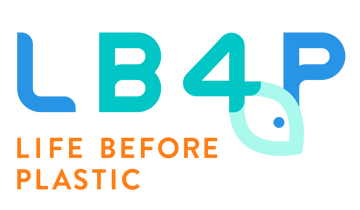Plastic Oceans

40kg of plastic in your stomach. Wow, that’s hard to imagine, but it was sadly a reality for the latest whale that washed up dead in the Philippines this week. The whale’s stomach was full of rice bags, banana plantation bags, and plastic shopping bags. I doubt you’d want to eat that, so it still kills me to think why we’re feeding it to our oceanic neighbours.
It’s not an uncommon occurrence. Plastic pollution coupled with whaling, shark finning, and overfishing is killing the life in our oceans faster than you think. Japan has just dropped out of the international whaling commission and will start whaling again next year, the numbers of sharks have dropped by 89% in the last 20 years due to finning and long line fishing practices, and we’re running low on fish stocks. The fish that we are eating, most likely, now contains micro-plastics. Micro-plastics come from your clothes in the washing machine, tyres on the roads washing into our waste system, and plastic being shipped to developing countries to ‘recycle’. We’re literally eating our bins.
It’s a depressing picture when you think of the plastic problem in the oceans but solutions are being investigated. Here are a few new innovative schemes to try and solve the problem:
- The Ocean Clean Up – machine built to collect ocean waste: theoceancleanup.com/
- WasteShark – plastic eating marine drone: ecocoast.com/wasteshark/
- Trashy Bags – upcycled bags made from plastic in Ghana: trashybags.org
- Ecobricks – making building bricks out of plastic waste: ecobricks.org/
- Evoware, seaweed packaging: evoware.id/
- Bioplast – compostable bioplastic packaging: https://en.biotec.de/bioplast/bioplast-300
You can do your bit by going to your local beach and collecting plastic, by raising awareness of the on-going problem, by making ecobricks, by reducing your plastic consumption and switching to plastic-free products….
It’s not as hard as you think to stop our whales being beached full of plastic.

